When I wrote for the NME as a schoolgirl in the 1980s, it was recognised that there were musicians who deserve derision — those whose egos and clothes’ bills dwarfed their talent — and those who commanded respect. Wilko Johnson, one-time guitarist of Dr Feelgood, was of the latter. Whether pacing moodily on stage, hammering out choppy refrains on Feelgood classics such as ‘Roxette’, or touring and recording with subsequent bandmates, he was a dedicated grafter with attitude and ability in spades.
More recently, Johnson has been in the news for very different reasons. In 2012, he was diagnosed as having inoperable terminal pancreatic cancer. His fortitude in the face of this diagnosis, together with his refusal of chemotherapy, piqued the interest of the media. And then, as in a fairy story, over a year after his diagnosis, he sought the opinion of a Cambridge surgeon, who performed an operation thought to be curative. No wonder Johnson felt inspired to write a memoir.
He was born John Wilkinson in 1947 into a working-class family on Canvey Island. He describes his father as belligerent, ignorant and violent, and felt ‘elated’ when he died, aged 56, when Johnson was 16. It is a pity we don’t hear more about the relationship. I read this memoir soon after Boyhood Island, in which Karl Ove Knausgaard describes a similar fear and dislike of his brooding, malign father who was also prone to erupt and lash out. Knausgaard provides chilling examples, and I longed for Johnson to do the same.
He fell in love with the guitar at an early age, and after studying English at Newcastle University, travelling around Asia (about which there are too many ‘you had to be there’ drugs stories) and teaching English, he started to play professionally as Dr Feelgood with friends from Canvey Island. His emotional anchor throughout was his wife, Irene. They were together for 40 years, and one of the most moving aspects of this book is the love he felt for her, which endures beyond her death from cancer. The years of success were sweet, and Johnson fell into the familiar sex, drugs and rock ’n’ roll lifestyle. He makes clear that there were other women — but that they meant little to him. I was curious about how this might have affected his relationship with Irene, but he maintains a discreet, frustrating silence on this.
Johnson wrote the songs for Dr Feelgood, and when the inevitable ‘musical differences’ arose within the band it is obvious that his workload played a part — as well as his heavy amphetamine use. He describes hearing the others criticising him through thin hotel walls, but doesn’t mention that amphetamines often trigger paranoia. Though there seems to be some bitterness about his bandmates, he regrets not making peace with lead singer Lee Brilleaux before his death from lymphoma, aged 41.
After Feelgood, Johnson’s career continued, first in the ill-advised Solid Senders, then with more capable musicians. He played for a while with Ian Dury and the Blockheads, and the stories of Dury’s misbehaviour are eye-openers. Johnson also branched into acting, in Game of Thrones, and was the subject of a documentary by Julien Temple.
The accounts of Johnson’s diagnosis, his 15 months under a death sentence, his surgery and long, slow recovery are harrowing. He doesn’t believe in an afterlife, and is just determined to savour the present. He describes travelling to Japan, where he has a strong fan base and several good friends, one of whom gave up her job there to come and care for him in England.
This is a thoughtful, funny and humane book. If only all cancer memoirs had such happy endings.
Got something to add? Join the discussion and comment below.
Get 10 issues for just $10
Subscribe to The Spectator Australia today for the next 10 magazine issues, plus full online access, for just $10.
Available from the Spectator Bookshop, £17.00. Tel: 08430 600033
You might disagree with half of it, but you’ll enjoy reading all of it. Try your first month for free, then just $2 a week for the remainder of your first year.

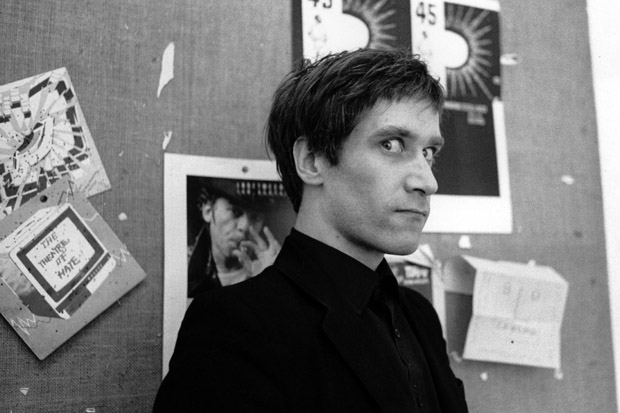
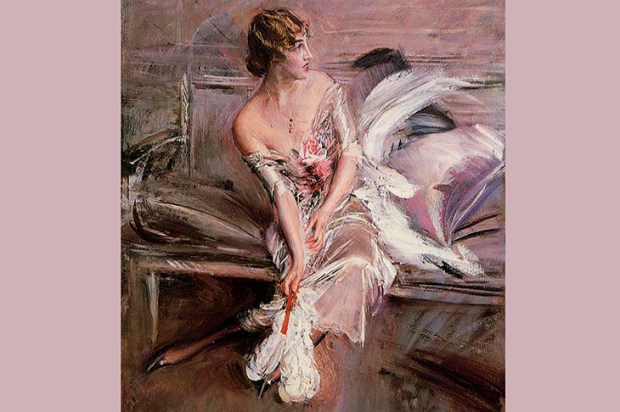
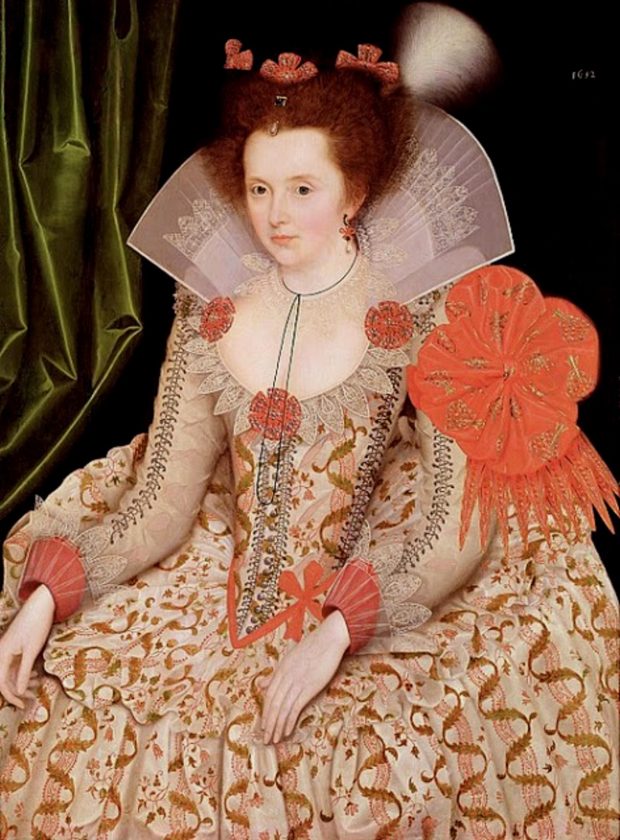
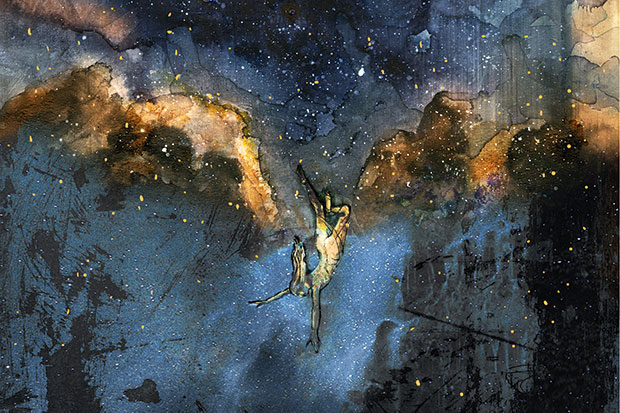

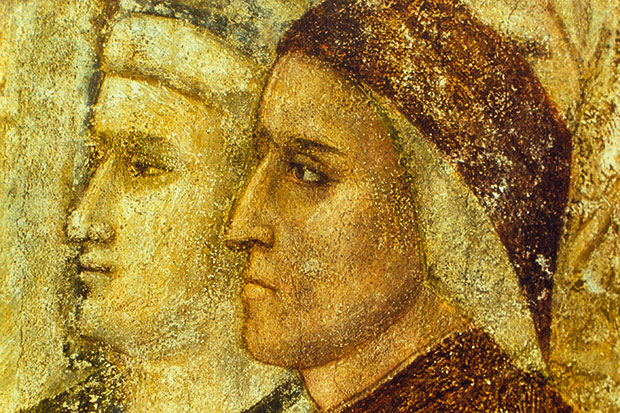
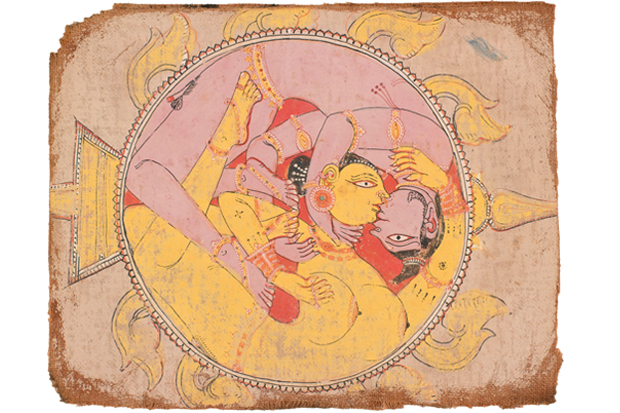






Comments
Don't miss out
Join the conversation with other Spectator Australia readers. Subscribe to leave a comment.
SUBSCRIBEAlready a subscriber? Log in